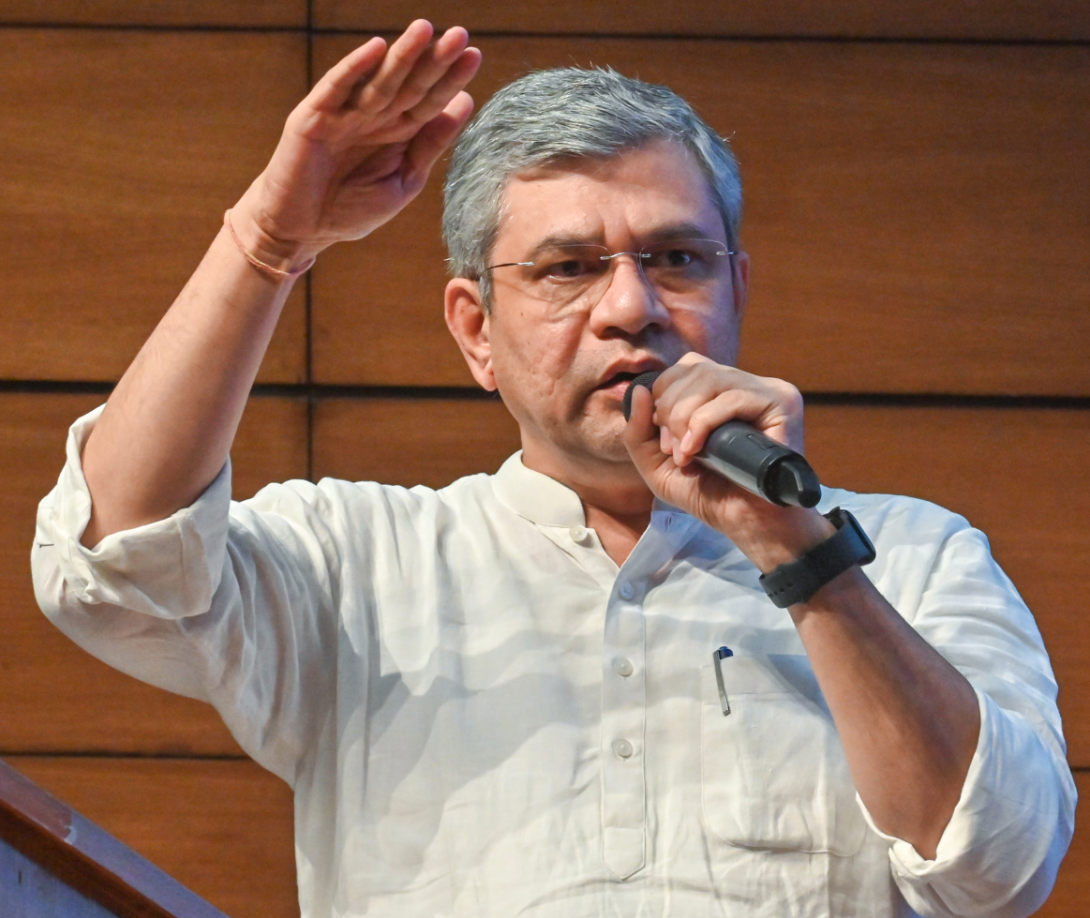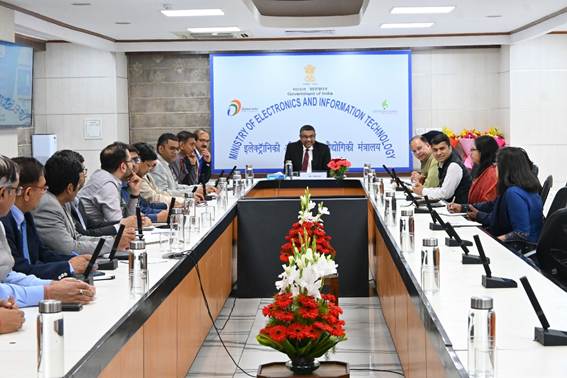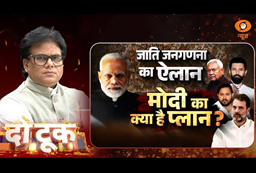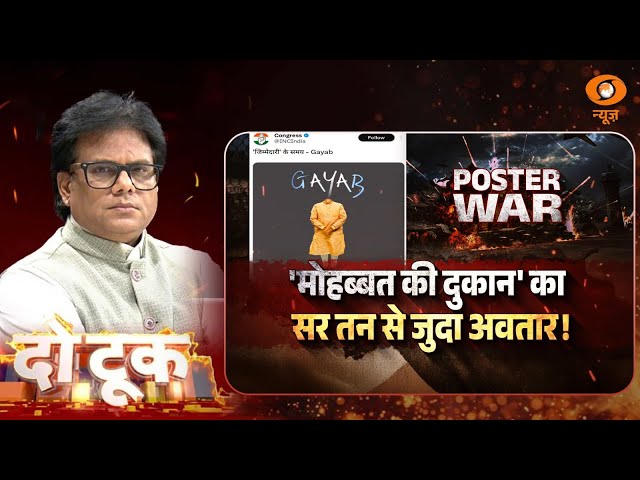Editorial checks in traditional press played a crucial role in bringing accountability which is missing in the era of social media, Union Minister of Information and Broadcasting and Railways, Ashwini Vaishnaw, said on Wednesday.
Answering a question in the Lok Sabha, the minister highlighted the need to strengthen existing laws governing social media and over-the-top (OTT) platforms and build a societal consensus.
“We are living in the era of social media and OTT platforms. However, the democratic institutions and traditional forms of the press that once relied on editorial checks to ensure accountability and correctness of content, have seen these checks diminish over time,” Vaishnaw noted.
The minister further stated that due to the absence of such editorial oversight, social media has become a platform for freedom of the press. Still, on the other hand, “it has also become a space for uncontrolled expression, which often includes vulgar content”.
Acknowledging the distinct cultural differences between India and the geographies where these platforms originated, Vaishnaw emphasized that India’s cultural sensitivities vastly differ from those of the regions where these platforms were created.
“This makes it imperative for India to make existing laws more strict,” he said and urged everyone to come to a consensus.
Vaishnaw also urged the Parliamentary Standing Committee to prioritize this important issue. “There should be societal consensus on it, along with stricter laws to address this challenge,” he said.
Earlier this month, calling for accountability in digital media to combat fake news and safeguard democracy, the minister said internet platforms must come up with solutions that account for the impact their systems have on our society.
Speaking at an event by the Press Council of India (PCI) to mark ‘National Press Day 2024’, the minister addressed the need for revisiting the ‘Safe Harbour’ provision amid the changing media landscape and India’s diverse cultural and social context.
“The spread of fake news undermines trust in the media and poses a threat to democracy,” he said.
Vaishnaw highlighted the social consequences of such biases, particularly in a diverse nation like India, and called on platforms to come up with solutions that account for the impact their systems have on our society.
(IANS)




















